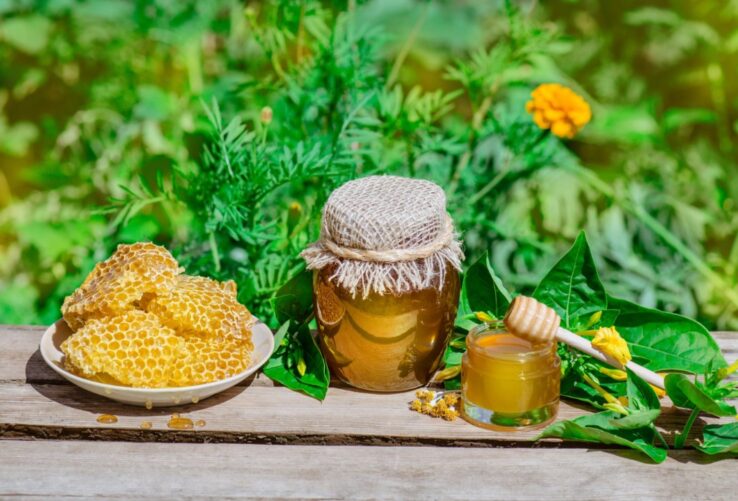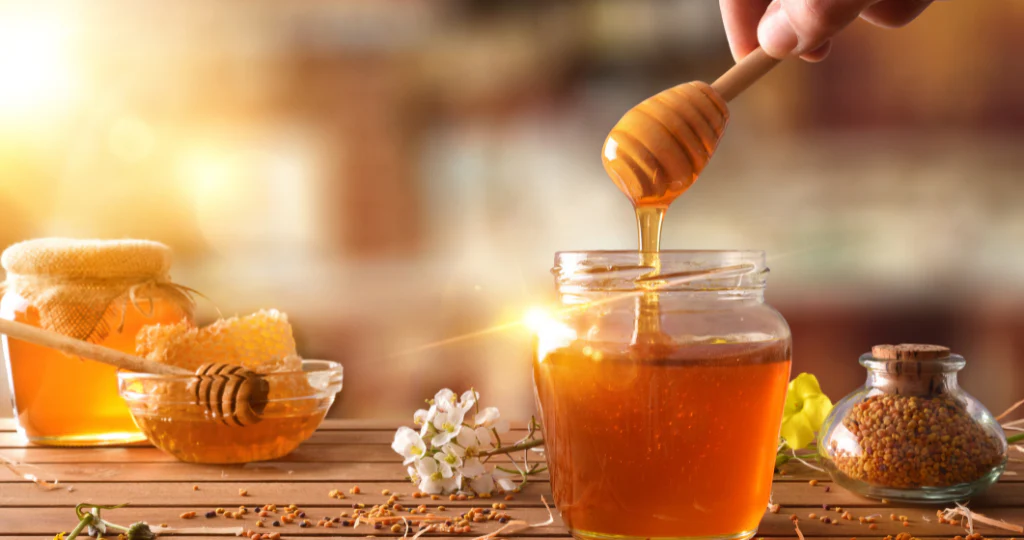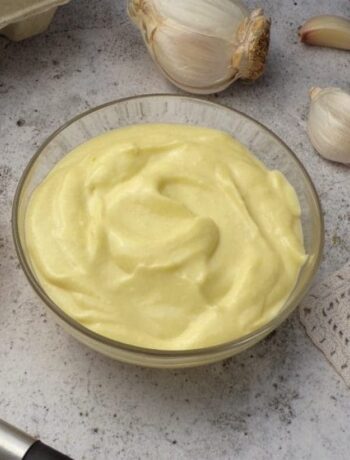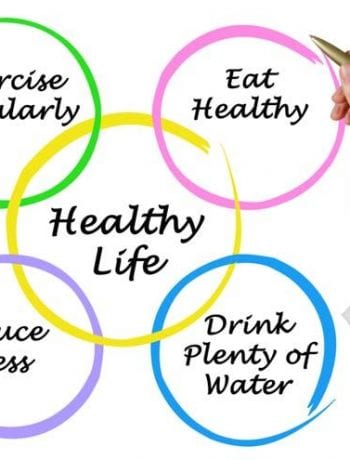Modern consumers are quite informed. They pay closer attention to the ingredient lists on the package than ever before. Therefore, brands are facing increasing pressure to reformulate and reconsider what they are putting in their products.
One obvious change? Many companies are increasingly substituting refined sugars and syrups with organic honey. This natural, simple ingredient fits into the contemporary ideals of health, sustainability, and label clarity.
Below is a detailed look at why organic honey is emerging as a mainstay in clean-label product development.
The Demand for Clean-label is Shifting Formulation Strategies
The trend of clean-labeling has become an expectation. Consumers today demand more than plain good food. They need to know what, where, and how it is produced.
Organic honey ticks several clean-label boxes. It is:
- A single ingredient
- Identifiable
- Minimally processed
- Devoid of additives and artificial flavors
- Naturally functional (not only a sweetener).
Indeed, many brands are using organic honey as a distinguishing factor for the good. They place it at the front of the package to develop a trust-building process with health-conscious consumers.
It might be a protein bar, a yogurt cup, a granola mix, or a wellness shot. But organic honey improves quality and authenticity.
Better Sourcing Options for Bulk Supplies

Source: spendwithus.com.au
Several years back, bulk sourcing of certified organic honey was a challenge. Distribution was scarce, costly, and unreliable. These days, that is no longer the case.
Food brands are now able to:
- Select a variety of floral honey sources. Common examples are clover, wildflower, or acacia
- Purchase in any food-grade bulk style (5-gallon pails. For instance, 5-gallon buckets
- Access to lab-tested, traceable, and certified products.
An increasing number of organic honey wholesale suppliers specialize in specific food brands today. They can be more helpful regarding logistics, quality assurance, and product customizations. For example, whipped, liquid, or creamed textures.
Organic Certification Enhances Credibility and Value in the Market
Purchasing organic honey has an added value to brands beyond the product. The third-party certification that accompanies it gives the brand credibility with buyers. The USDA Organic certification and other market equivalent guarantees:
- Bees forage in the pesticide-free zones
- No artificial chemicals are applied during extraction or processing
- The supply chain is held to high traceability and environmental standards.
Organic certification is not an option for retailers and brands that want to establish themselves within the high-end markets. Common examples are natural food stores, farm-to-table cafes, and brands in export markets. It serves as a mark of trust that consumers demand in instances where fraud or dilution is common in the case of sweeteners.
Practical Uses Beyond a Sweetener

Source: walter-lang.de
Raw organic honey has functional benefits that both food scientists and chefs value compared to refined sugar. It not only boosts flavour, but it is also a natural multitasker. Here’s how:
- Moisture retention: Enhances a long-lasting softness in baked foods
- Natural emulsification: Improves the texture of dressings and sauces
- Preservative effects: Enhances the shelf lives of some products because it is antimicrobial in nature
- Multi-note flavor: It brings more than just sweetness.
What this implies is that organic honey has the ability to minimize the use of additional additives or processing aids. The short, clean ingredient list approach can be easily implemented in a manner that attracts the conscious consumer.
It Appeals to Health-conscious Consumers
Organic honey can be used to make claims of a broader health halo. Halo claims are based on childhood foods, plant-based snacks, or wellness beverages.
It’s naturally:
- Gluten-free
- Dairy-free
- Non-GMO
- Rich in enzymes (in the case of raw and unfiltered)
- Low glycemic (as opposed to high-fructose sweeteners).
The product environment is overcrowded with brown rice syrup, manufactured sweeteners, and polished cane sugar. Thus, organic honey presents a healthier image that is favorable especially among Gen Z and millennial consumers.
It Adds an Authentic Story to Any Product

Source: killerbeeshoney.com
In a world of too many options, product narrative counts. And raw organic honey presents a rather good one in terms of nature, sustainability, and artisan tradition.
Companies usually incorporate honey into commercial language that can strike a chord:
- ‘’Made with organic honey, no refined sugar”
- “Sustainably gathered honey”
- ‘’Raw, unfiltered honey to give rich and natural flavor”
This is a distinguishing factor that enables brands to be distinguished on shelves and form emotional relations with purchasers.
Wrapping up
The replacement of refined sugar with organic honey may appear as a trivial formulation shift. However, it is beneficial in the modern industry. Organic honey has value at all levels of product development.
When purchasing it in bulk, inquire about the source, third-party lab tests, and origin traceability. A reliable supplier must be transparent about their source and open to inquiries regarding the quality, purity, and ethical behavior. This is not only to safeguard your brand but also to make sure that you are giving the customers the true value of what organic honey is.




